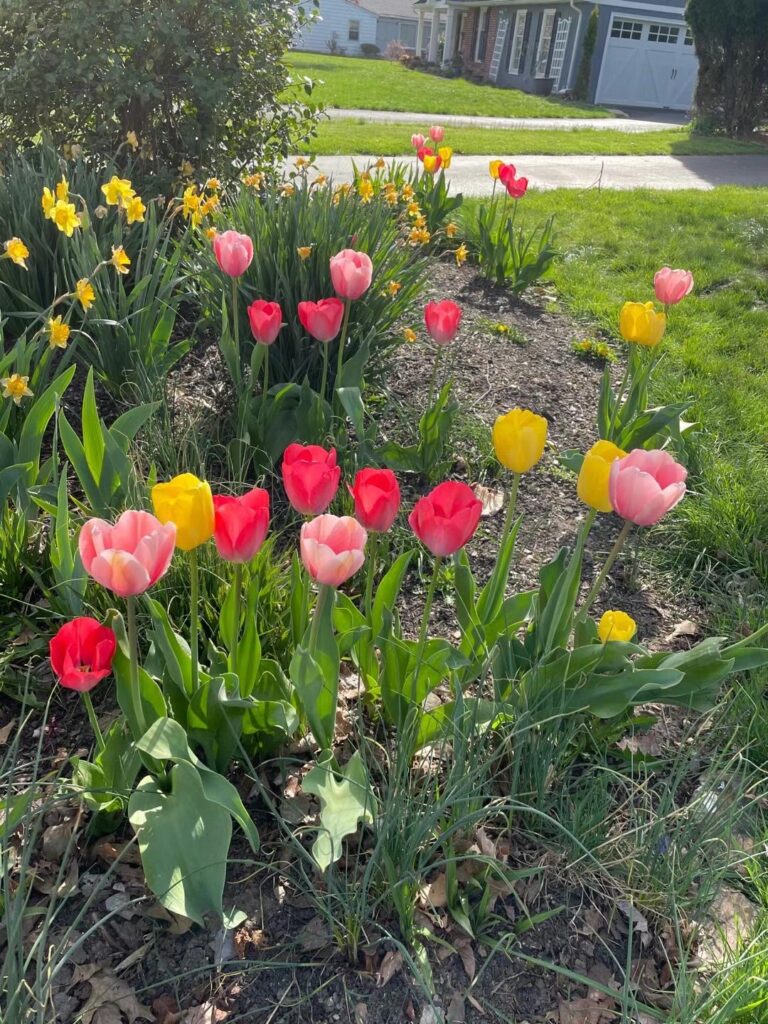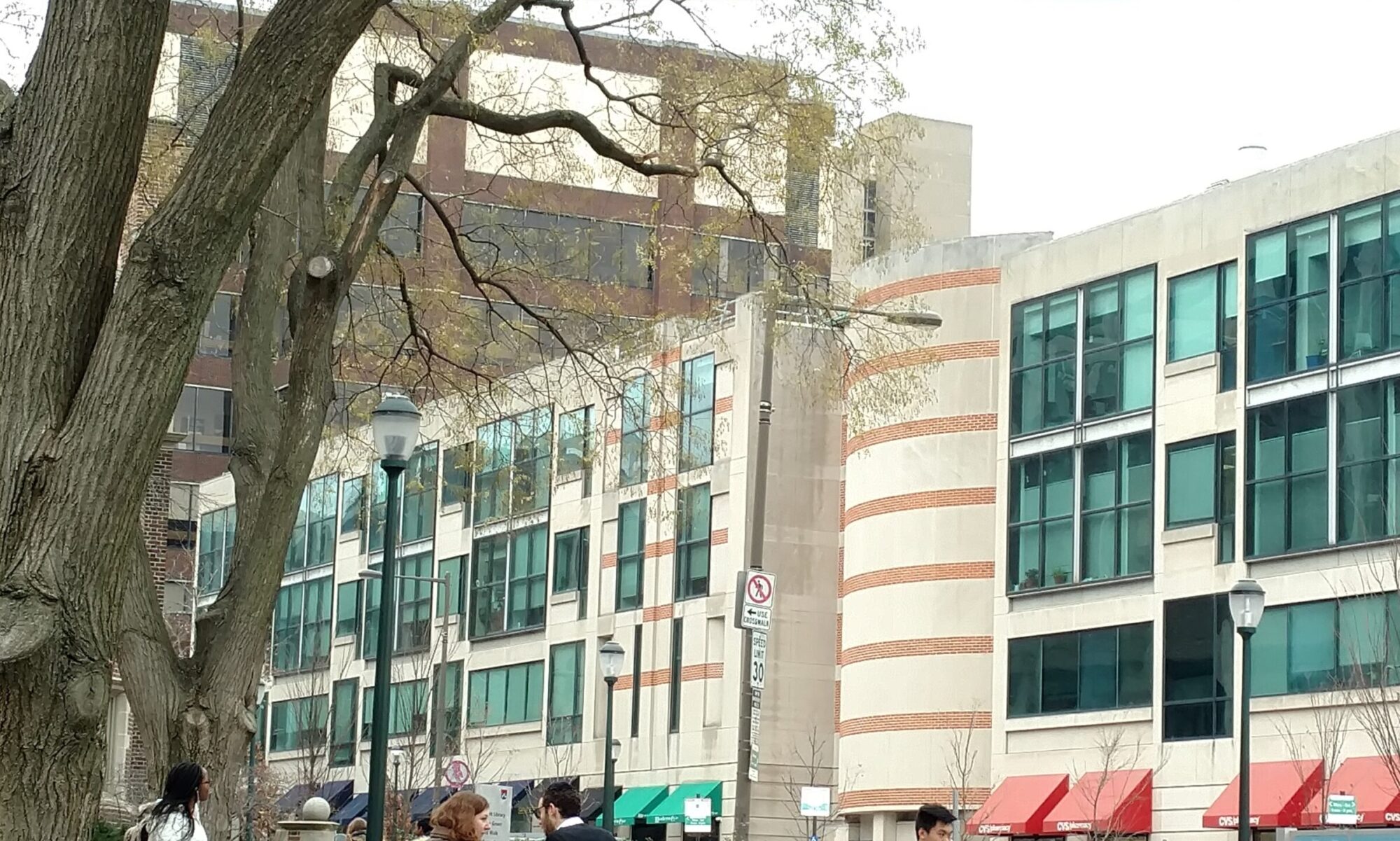Dr. Wenpeng Yin joined the Cognitive Computation Group as a postdoctoral researcher in 2017.
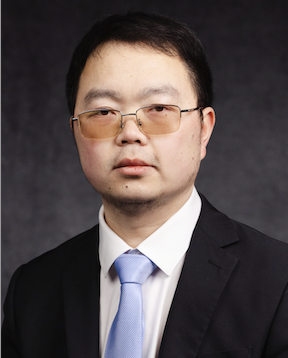
He is currently a tenure-track Assistant Professor at Penn State University, heading the AI4Research lab. In between, he served as Assistant Professor at Temple University (2022) and a Senior Research Scientist at Salesforce (2019-2021). He got his Ph.D. degree from the University of Munich, Germany, in 2017.
Wenpeng’s research interests span AI for Research, Human-Centered AI, Large Language Models & NLP & Computer Vision, and general machine learning algorithms. He has been the Senior Area Chair for NAACL’2021, ACL Rolling Review, IJCNLP-AACL’23, LREC-COLING’24, and EACL’24.
Hi, Wenpeng! Great to hear from you. Please tell me where you’re living and what you’re doing these days.
I live in Berwyn, conveniently close to King of Prussia (KOP), PA, maintaining a balanced lifestyle that seamlessly blends my dedication to research with the joy of cleaning my yard, preparing it to embrace the warm spring.
Nice! What kinds of plants grow in your yard?
I want to grow watermelons (we harvested three big watermelons with yellow flesh last summer), tomatoes, and cucumbers in the backyard, and some tulips in the front yard…but I just found deer have eaten all the new leaves of the tulips.
Aw, I’m sorry to hear about the tulips. Hope they recover, and wishing you all the best with your garden!
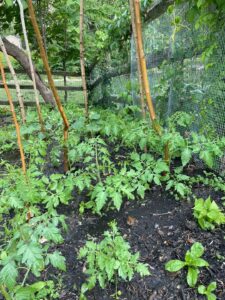
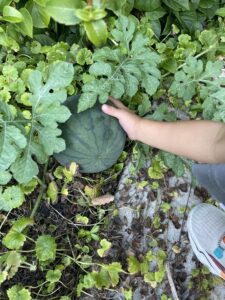
What are the most rewarding things about your current work?
Two dimensions: i) as a supervisor, I take immense pride in witnessing the remarkable growth of PhD students who initiate their journey in NLP research, eventually evolving into independent contributors to research projects and champions in disseminating our findings; ii) recognizing the impact of our work on the industry, evidenced by their outreach for commercial applications or collaborative endeavors, underscores our tangible contribution to both the industry and society at large.
The most surprising?
NLP research at Penn State only started in 2016 when Prof. Rebecca Jane Passonneau joined, and Penn State does not even have an undergraduate-level NLP course, which is exactly the one I have recently proposed.
I wish you all the best with putting that course together!
How connected is your work now with the work you did in our group?
I’ve been extending my recent work, building upon my projects in CCG. Initially, my focus in CCG was on textual entailment, which played a pivotal role as indirect supervision for various NLP tasks. One prominent thread in my recent research (Arxiv 2024, CoNLL’22, TACL’22, ACL’23 Tutorial) represents a natural extension of this earlier work. Additionally, my involvement in the LORELEI project in CCG, which centered around low-resource language translation, further enriched my research portfolios, such as our research work about machine translation evaluation (ICLR’24), and one of my main research directions, “Human-Centered AI”.
What new development(s) in the field of NLP are you excited about right now?
Yeah, NLP has come a long way, especially with these large language models (LLMs) making waves. But what really gets me pumped are these four things: i) “NLP for Other Disciplines“: Some folks thought NLP research was done for when these LLMs came into the scene, rocking super high performance on tasks we’ve been wrestling with for ages. Surprise, surprise—turns out, now everyone thinks NLP is the bee’s knees. It’s like this golden era where all sorts of disciplines are jumping on the NLP train, not just regular folks but also researchers from other fields who are using it to automate their research game. NLP’s never been in the spotlight like this before. ii) “NLP with Cross-Modalities“: NLP has become more effortlessly integrated with various modalities. It signifies that we’ve discovered a way to seamlessly blend knowledge across different modes, allowing information to flow smoothly between them. This was something hard to fathom just a couple of years ago. iii) “LLM+Agents“: LLM+agent combos are shaping up to be the next big thing. Even though universal LLMs are hogging the limelight, it turns out we still need specialized systems for specific domains. iv) “Open Source“: Open source is the rockstar in NLP research, making things zoom ahead and keeping everything out in the open. It’s like the norm now, making research faster and more transparent.
Thoughts about the state of AI?
Let me first look at the positive side of things: i) The behavior of AI systems today is nothing short of mind-blowing compared to just a couple of years ago. We’re witnessing an influx of potential applications that were once beyond imagination, opening up exciting possibilities. Now, let’s explore the downsides: i) Inequality is widening across the globe. Different fields benefit from AI unevenly, and people in various geographical areas have unequal access to the latest AI products and infrastructures. The dominance of top AI products by a handful of companies and a select few countries contributes to this disparity. ii) Security concerns are intensifying, with issues like forged images and videos becoming more prevalent. While AI systems often showcase unprecedented performance, it’s crucial to acknowledge that researchers still grapple with understanding the inner workings of these systems. The interpretability and control of AI systems remain challenging, leaving room for potential misuse. iii) In academia, there’s a heavy focus on studying Large Language Models (LLMs), and constructing benchmarks to evaluate their performance. Unfortunately, much of this research is heavily influenced by data-intensive and computation-intensive LLMs. This dominance limits the resources available to researchers for delving into the true nature of intelligence.
How are things outside of work?
We’re managing quite well. Our days are primarily occupied with shuttling the kids to a variety of clubs—soccer, dance, piano, gymnastics, and more. Surprisingly, weekends prove to be even busier than weekdays. Fortunately, our proximity to Philadelphia adds a delightful dimension to our lives, offering a diverse array of places like parks, museums, and various activities to explore regularly.
Excellent! I was glad to hear when you returned to the area, and it’s nice knowing that you’re still nearby. Do you have a memory to share from your time with the group?
Honestly, one memory that sticks with me from my time at CCG is when my daughter was diagnosed with a brain tumor just five months after joining. It meant spending practically every day at CHOP for about six months. It was a tough period, but what made it bearable was the incredible support from my CCG colleagues. I’m really grateful for their kindness and understanding, especially Dan, who was so flexible with my work during that challenging time. Those experiences, along with the group activities Dan organized, have had a big impact on how I now manage my own group at PSU.
I remember that time well. I’m glad you felt so supported, and that you’re passing that on!
Please tell me about something you’ve read recently that you would recommend.
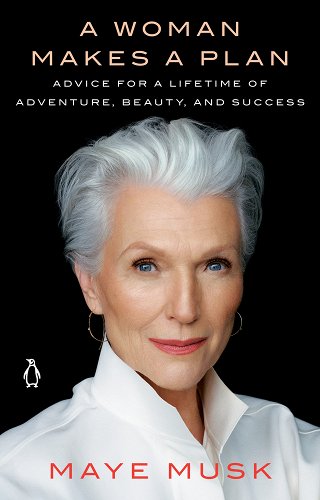
My wife and I recently embarked on a shared literary adventure, immersing ourselves in the book ‘A Woman Makes a Plan: Advice for a Lifetime of Adventure, Beauty, and Success‘ by Maye Musk. While the computer community recognizes Elon Musk for his groundbreaking ventures like OpenAI, Tesla, PayPal, and SpaceX, we were intrigued by the legendary status of his mother, Maye Musk. Her story fascinated us, and we eagerly sought wisdom from her book, uncovering the depth of her legendary status as a woman, and the realm of parenting and educating children. Maye Musk’s experiences and insights transcend borders, proving that legends can be forged regardless of one’s country of origin, gender, or age.
Any advice for the current students and postdocs in the group?
It’s a bit tricky to say whether the current students and postdocs are in the best era (thanks to cool stuff like LLMs) or the toughest one (e.g., publishing papers is getting trickier). But the big lesson from Dan that sticks with me is this: think about what kind of AI/NLP system you want to create, instead of just following the research of others. By figuring out your own research tastes and goals and sticking to them, you’re on the best path to stand out in this community.
That’s great. Thank you so much for this interview!
For more information on Dr. Wenpeng Yin, please visit his website.
